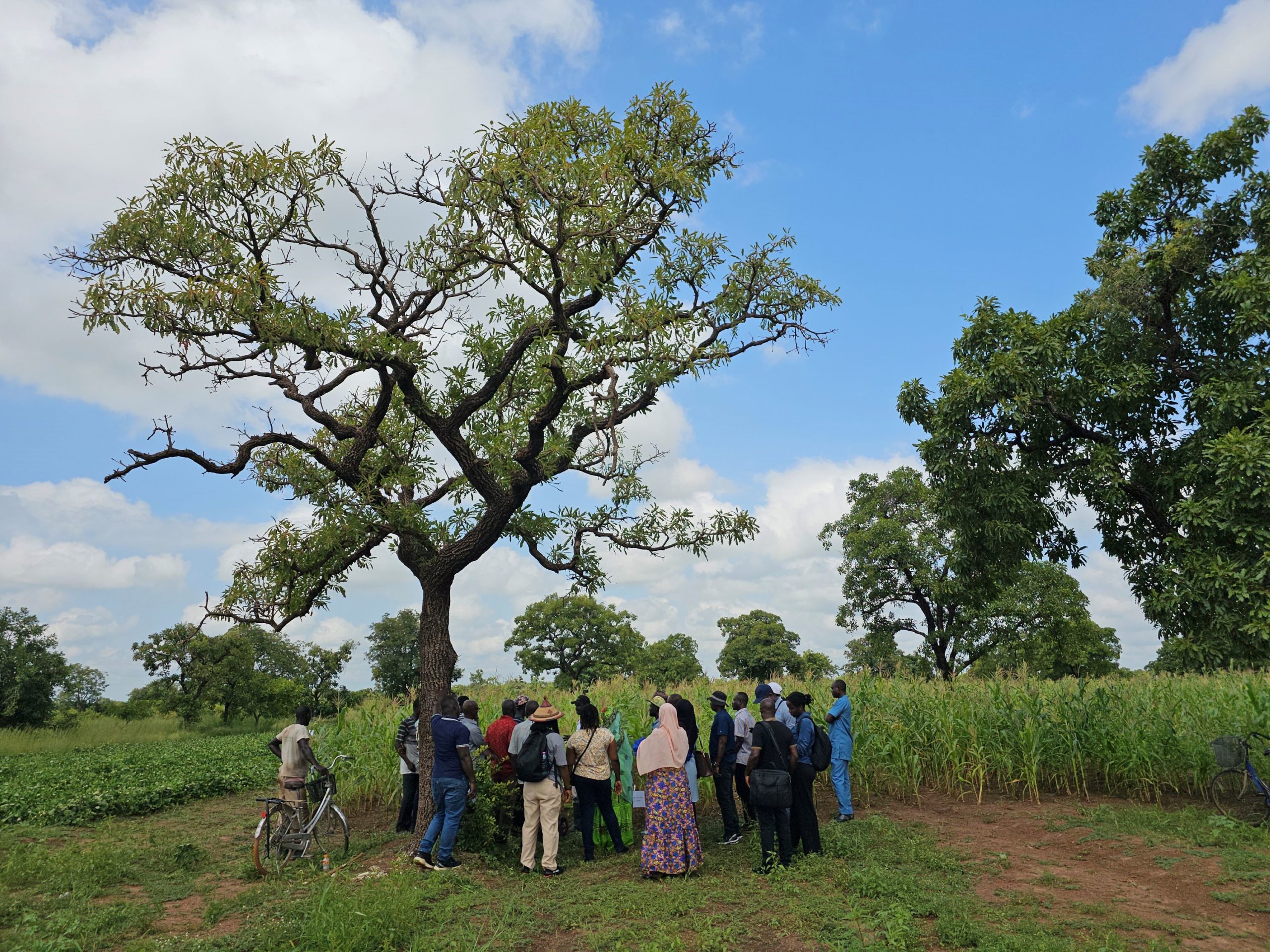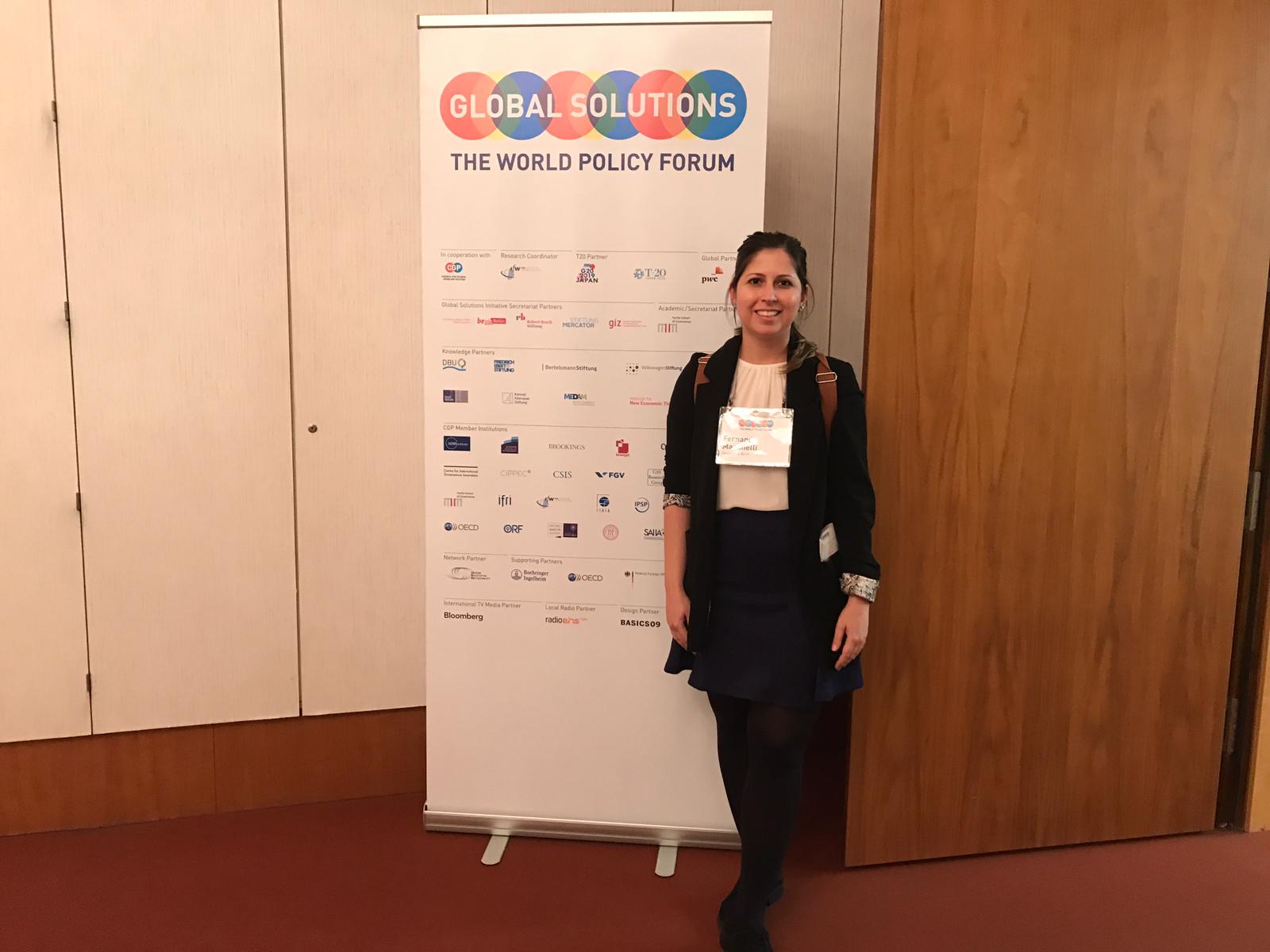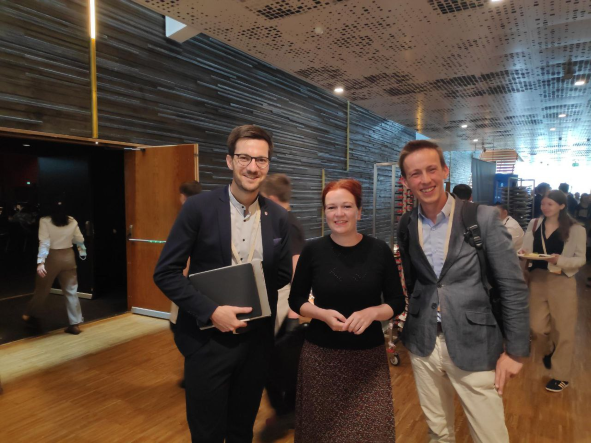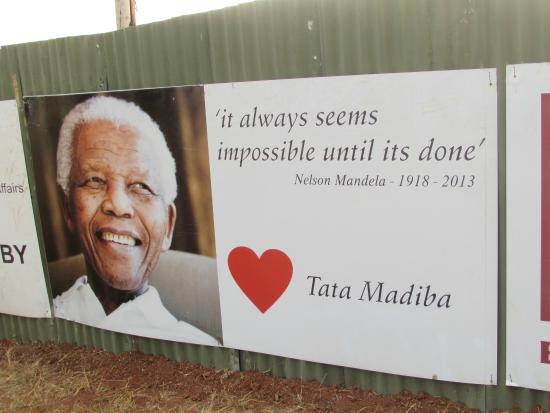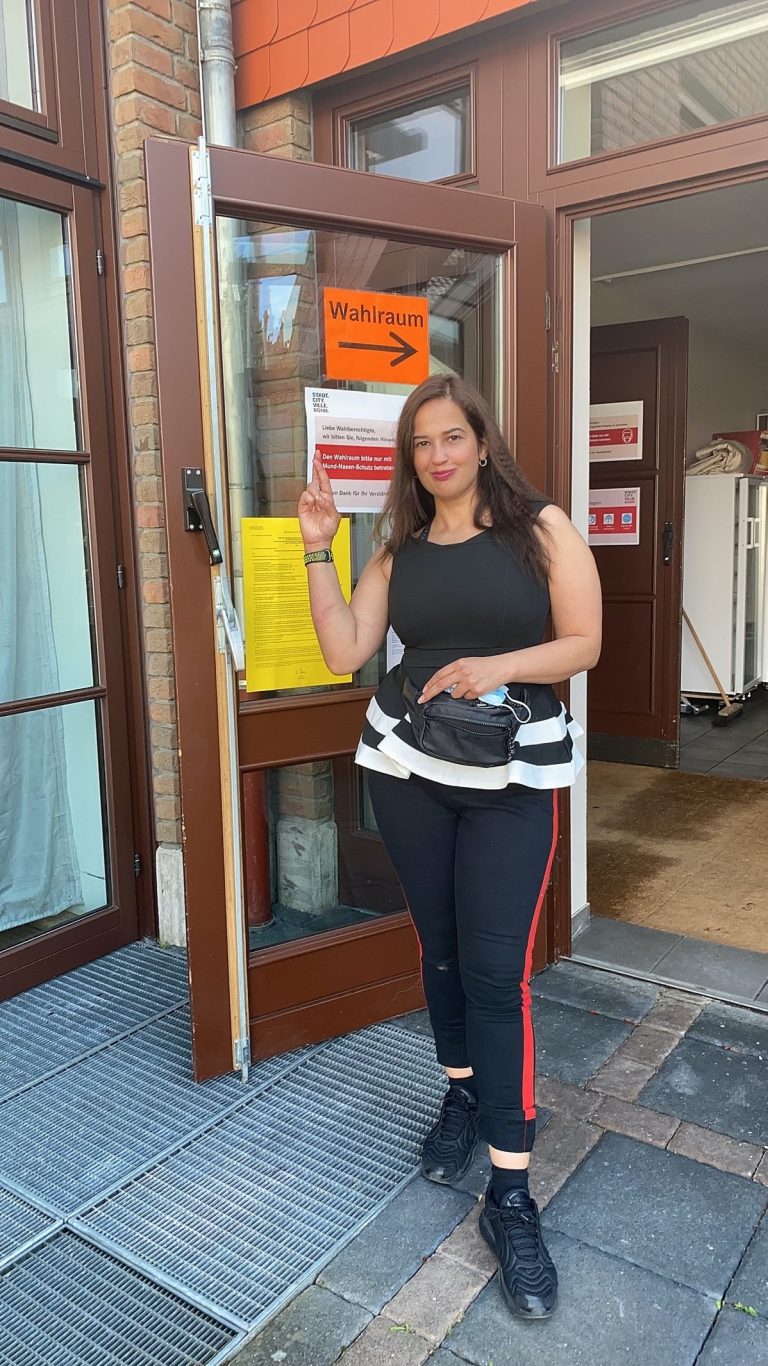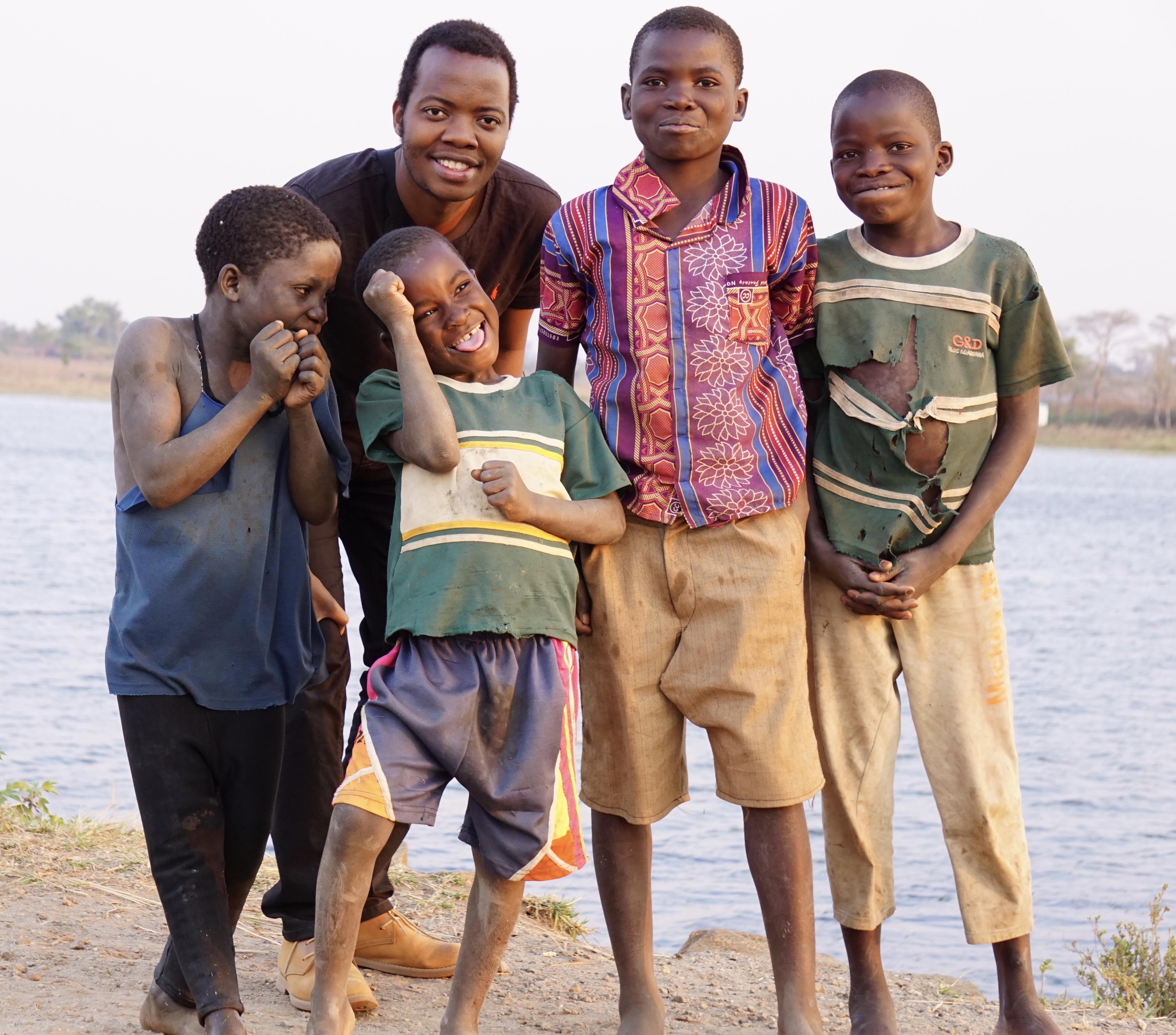Combating Gender-Based Violence in rural Northern Ghana: Critical Insights into Pathways for Change
Blog post by Tina Beuchelt, Constance Akurugu, Theresa Weise, Biihee Na Jaafar Natasung Pelpuo, Bushira Alhassan.
Every year on November 25, the International Day for the Elimination of Violence against Women is observed worldwide from November 25 to December 10. This day highlights the ongoing struggle of women against gender-based violence. It serves as a call to action for governments, organizations and individuals to promote safer and more just communities. Globally, it is estimated that 1 in 3 women will experience physical or sexual violence in her lifetime, with 140 women killed by a family member every day. Gender-based violence is a pervasive problem that crosses borders, cultures and socioeconomic lines. It is rooted in unequal power relations, and violence against women and girls remains one of the most pervasive human rights violations across cultures, income groups and geographies.
Commemorating November 25*
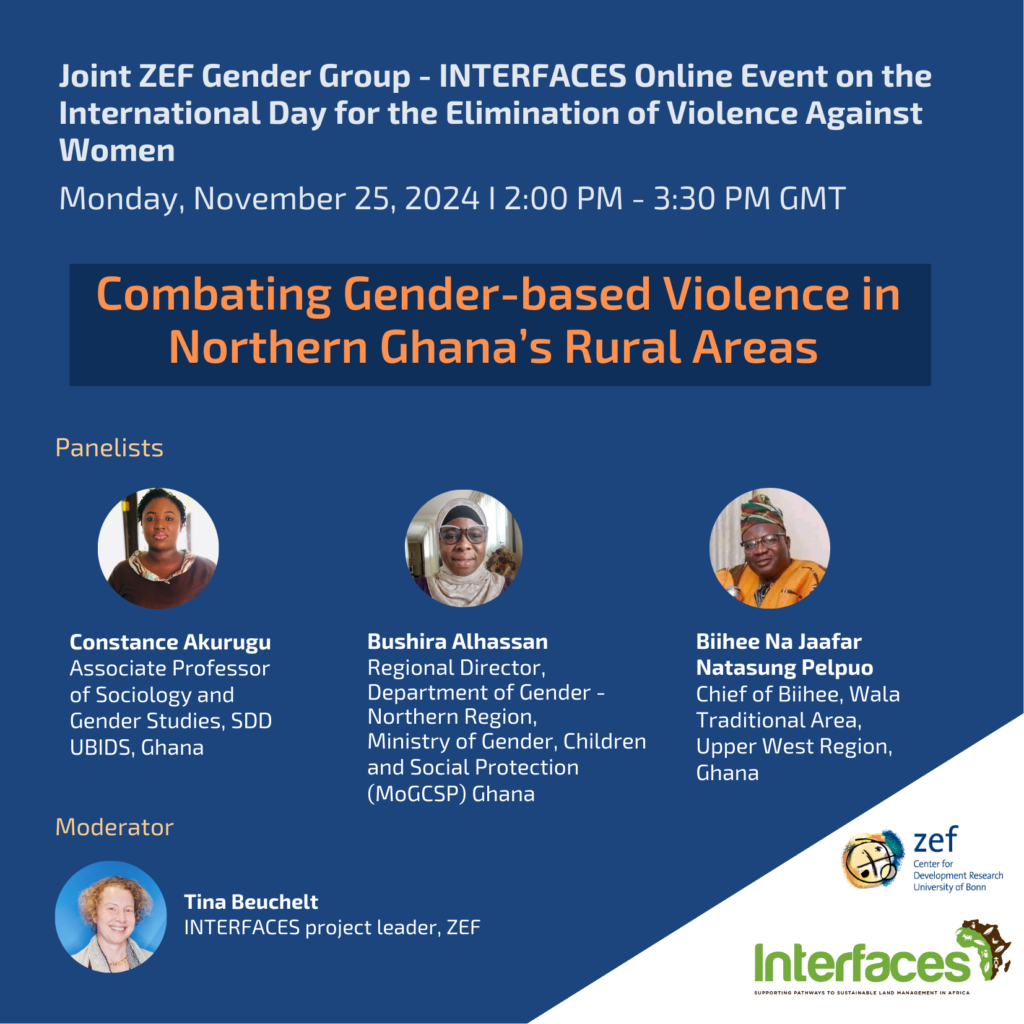
* You can watch the event on ZEF’s youtube channel.
Speakers’ standpoints
As part of the commemoration, the INTERFACES project and the Gender Group of ZEF and the SDD University of Business and Integrated Development Studies in Ghana brought together three Ghanaian experts from academia, policy and practice to address the challenges and explore solutions to ending gender-based violence (GBV), with a particular focus on rural areas in northern Ghana in an online event on November 25. 2024. Our speakers highlighted the intersection of cultural, legal and economic factors and offered a roadmap for change:
Associate Professor Dr. Constance Awinpoka Akurugu (SDD University/University of Leeds) provided an overview of the prevalence of gender-based violence in the deeply patriarchal environment of Northern Ghana, the challenges faced by women in Northern Ghana, and examined the root causes. Biihee Na Jaafar Natasung Pelpuo, a local traditional leader, discussed the role that local leaders can play in addressing gender-based violence in rural communities, emphasizing the importance of community engagement and the involvement of traditional rulers and men. Bushira Alhassan, from the Department of Gender, Ministry of Gender, Children, and Social Protection, in presented approaches to addressing gender-based violence in rural settlements based on her extensive work with local communities in northern Ghana.
Key insights of the event
Gender Dynamics in Rural Northern Ghana
- The prevalence of norms that normalize violence: In rural areas, deeply entrenched patriarchal norms, patrilineal inheritance systems, and early or forced marriage practices perpetuate gender-based violence (GBV). Domestic violence is considered a taboo subject that is rarely discussed. Instead, it is normalized as an acceptable part of social life. Accusations of witchcraft are used as a weapon against vulnerable women, leading to violence and ostracism in witch camps or villages.
- Dominant male control in agriculture and gender inequality: Decision-making authority in rural households is normatively controlled by men, leaving women dependent on male family members for access to land for subsistence agriculture. Gender roles are highly segregated, resulting in women being culturally assigned unpaid caregiving roles, which increases their vulnerability to violence. Women have limited access to land, financial resources and the benefits of their labor, especially in polygynous families. These inequalities reinforce women’s dependency and vulnerability and limit their agency.
- Legal challenges: While Ghana has signed several international conventions supporting women’s rights and has developed a strong domestic legal framework to address GBV, enforcement remains weak. Customary laws and traditions often overshadow national legislation, especially in rural areas, leaving survivors without adequate protection or recourse.
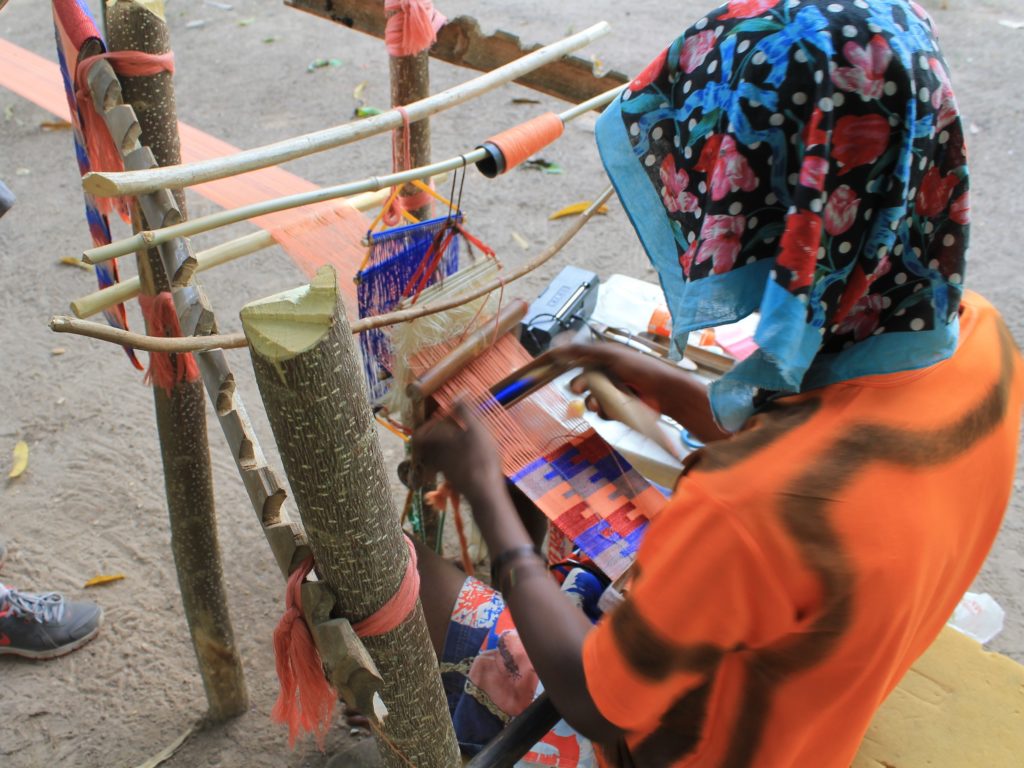
Pathways for change
The speakers recommended three key areas to drive change and provided details for action: 1) promoting community-led change and engaging male leaders, 2) designing gender-inclusive and transformative agricultural projects, and 3) empowering women and girls.
1. Promote community-led change
Communities themselves can become more active in addressing GBV, and traditional and religious leaders should become important change agents. Recommendations for action include:
- Involvement of traditional leaders: Chiefs and elders are crucial in bridging the gap between traditional practices and modern legal frameworks. They mediate disputes, promote gender equality and support marginalized women. For example, initiatives such as radio programs hosted by local leaders or counseling can address issues such as responsible parenting and domestic conflict. Traditional leaders can advocate for change by encouraging open discussions about domestic violence, conflict, or unfair distribution of work, and by supporting affected women.
- Men’s involvement in gender advocacy: Engaging men as allies in gender equality is critical. Traditional leaders can use their regular community meetings as a platform for discussions with men to focus on redistributing the burden of unpaid care work, reducing domestic violence, and promoting shared household responsibilities and decision-making.
- Religious and cultural advocacy: Religious leaders should use their influential positions in the communities to challenge harmful interpretations of texts that perpetuate GBV. Emphasizing respect, understanding, and shared responsibility aligns cultural practices with the fight against violence.
- Youth empowerment: Programs that encourage young women to discuss GBV in peer groups can build awareness and resilience against societal pressures to normalize gender-based violence.
- Strengthen community-based justice: Local leaders can help create safe spaces for survivors of violence. These spaces allow for confidential reporting of violence and promote support for survivors. Local paralegals and safe reporting systems help ensure that survivors of GBV receive support while promoting accountability at the grassroots level.
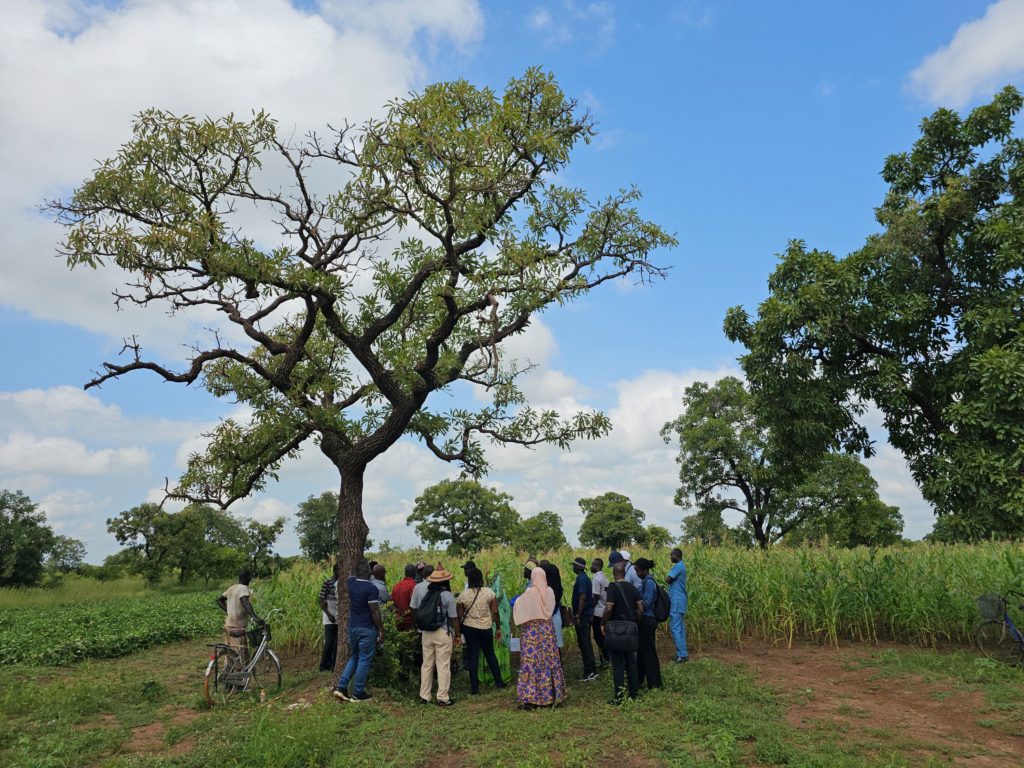
2. Design gender-inclusive and transformative agricultural projects
Agricultural research and implementation projects often turn a blind eye to gender inequities and unjust social norms. They can also be used to bring about change: There are successful examples where agricultural projects have helped to transform inequitable gender relations and power asymmetries, which have actually contributed to higher yields and better sustainability outcomes.
- Ensure gender integration and social in policies and programming: All research and implementation projects should promote inclusive agricultural practices that address gender inequalities. The fundamental goal should be to ensure that women and men benefit equally from agricultural programs and have equal opportunities to participate and contribute to productivity. This includes integrating gender analysis approaches at the project design stage. There are successful examples of initiatives that have challenged these inequalities (using gender transformative approaches) and improved women’s access to agricultural markets and secure land tenure.
- Ensure the participation of women in decision-making: Strengthening women’s role in decision-making will ensure that women participate equally in decision-making, planning and leadership within projects, especially at the grassroots level.
- Nurture a change in mindset and negative attitudes towards women: Conduct community sensitization to change community attitudes towards GBV, gender equality and women’s participation in agriculture. This awareness-raising should emphasize the costs of women’s subordination and the importance of gender equality in the family and society. It is important to train agricultural extension workers, farmers and community-based organizations to recognize signs of GBV and provide appropriate support.
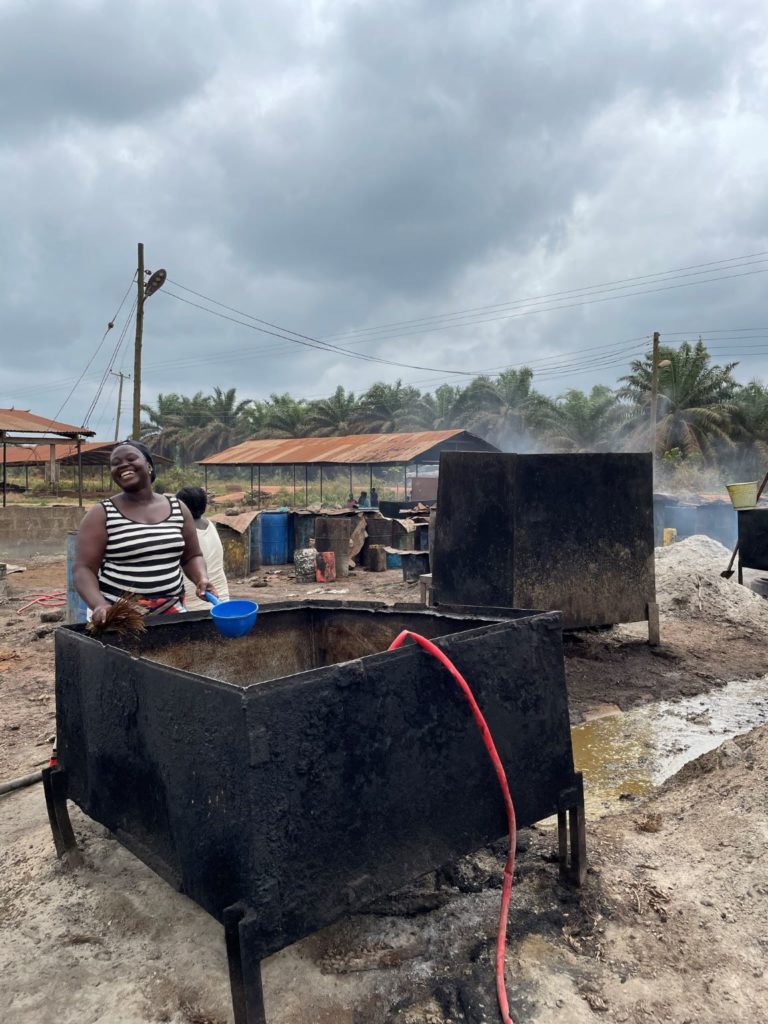
3. Empower Women and Girls
Empowering women and girls is an important means of overcoming gender-based violence against them. The workshop explored the following as measures to achieve political and economic empowerment.
- Education and vocational training: Encouraging girls to complete their education before marriage gives them the tools to assert their rights and avoid early, forced marriages. Counseling parents in this regard, for example through radio programs, gender champions, and local leaders, can support this.
- Land and resource rights: Efforts should include negotiating with traditional leaders, family heads and male landowners to secure better access to land for women through joint land registration, long-term use agreements and improved quality of land for farming.
- Strengthening legal protection: State institutions should be provided with equipment and more well-trained staff to carry out their mandate effectively. Legal literacy and access to justice are also needed to help women understand and exercise their rights.
Looking Forward: Collective awareness, collective responsibility and collective action
Collective awareness, collective responsibility and collective action are important to break the silence surrounding GBV. Collaboration between researchers, policymakers and community leaders is critical to addressing GBV.
Addressing GBV requires a multi-faceted approach: Addressing cultural norms, empowering women and girls, strengthening law implementation, engaging traditional and religious leaders, creating gender-responsive project design, and promoting community awareness. Participants at the workshop emphasized that education, access to resources, and community-driven initiatives are critical to addressing the cultural and structural barriers that perpetuate GBV.
These efforts not only help combat violence, but also create sustainable pathways for gender equality, economic development and community well-being.
The 2024 theme for the 16 Days of Activism Against Gender-Based Violence is “30 Years of Advancing Collective Action to End Violence against Women and Children”. The event was INTERFACES’ contribution to raising awareness, advocating for prevention and demanding accountability to eradicate violence against women and girls.
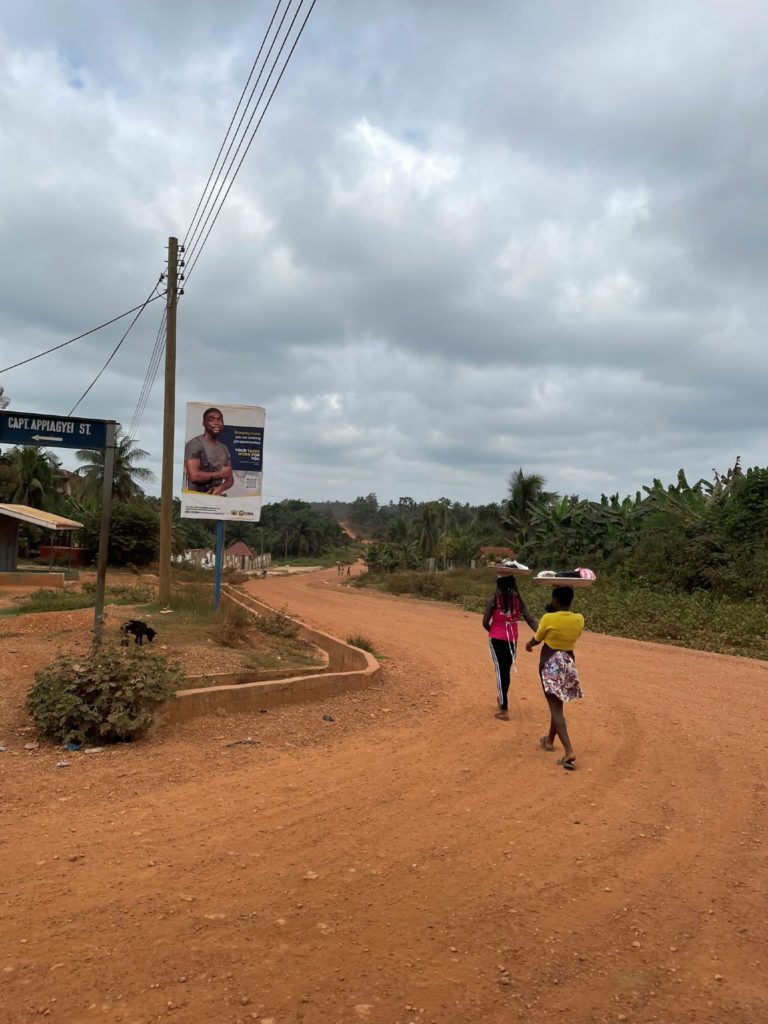
Authors
Tina Beuchelt, Constance Akurugu, Theresa Weise, Biihee Na Jaafar Natasung Pelpuo, Bushira Alhassan

